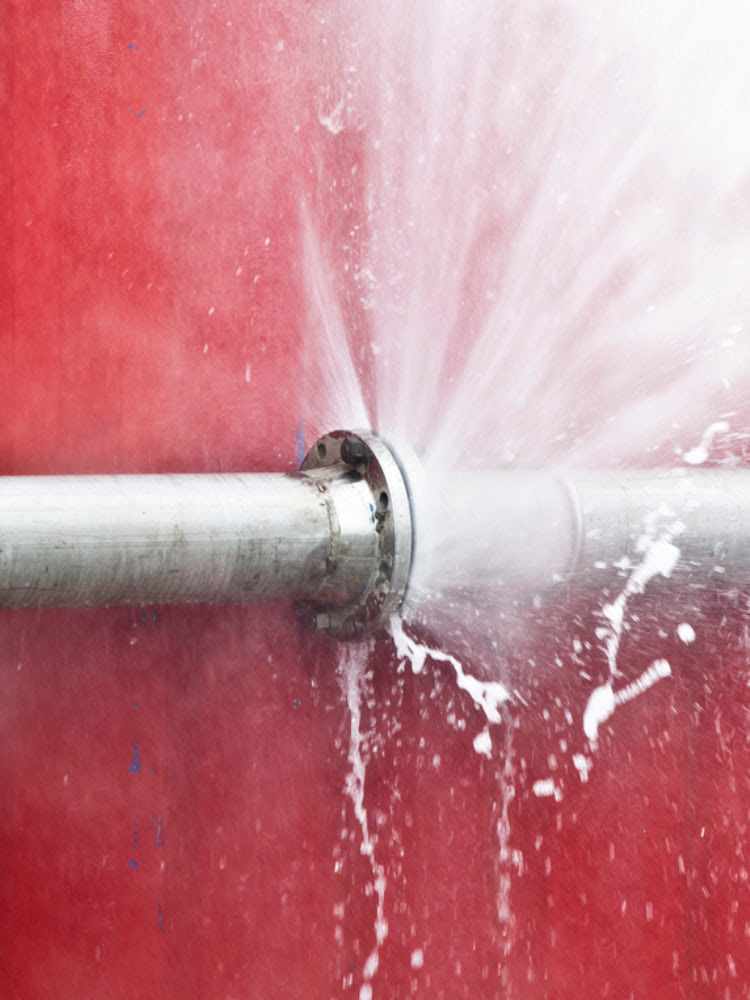In this article down the page yow will discover lots of awesome help and advice when it comes to How Fast Water Damage Can Ruin Your Home.

Leakages not just cause waste of water however can additionally cause unnecessary damages to your home and promote undesirable natural development. Unfortunately, water leaks may go undetected given that most of the pipework in our home is concealed. By looking and also comprehending for daily situations that create leakages, you can safeguard your residence from future leaks and also unneeded damages. Today, we will consider six leakage causes that may be causing your pipelines to drip.
Immediate temperature level adjustments.
Severe temperature modifications in our pipelines can cause them to increase and acquire all of a sudden. This expansion and also contraction might trigger cracks in the pipelines, specifically if the temperature level are below freezing.
Corroded water supply
As time goes by, your plumbing system ages as well as corrosion such as rust may begin eating away the pipelines. This might be the source of discoloration or warping on your pipes. This calls for an examination with your plumber immediately. Think about replacing the pipes since they are at a greater danger of rust than the newer versions if our plumbing system is old.
Malfunctioning Pipeline Joints
The point at which your pipelines link is frequently the weakest web link in the waterline. Pipe joints can wear away gradually, resulting in water leakages. Sadly, most of pipe joints are not easily noticeable. If you have noisy pipelines that make ticking or banging sounds, specifically when the hot water is activated, your pipeline joints are possibly under a lot of stress. It is recommended to have your plumber evaluate your system once a year.
Encroaching origins
A lot of water leakages start outside your home as opposed to inside it. If you observe an unexpected decrease in water stress, state in your tap, require time to head out and analyze your yard. You could discover wet spots or sinkholes in your backyard, and that might suggest that tree origins are getting into water lines creating water to leak out. You can have your plumber check for invasion, especially if you have trees or hedges near your residential or commercial property.
Poor Water Connectors
At times, a leak can be triggered by loosened hoses as well as pipes that provide your home appliances. In case of a water connections leakage, you might observe water running directly from the supply line or pools around your home appliances.
Blocked Drains
Clogged drains pipes may be irritating and inconveniencing, yet they can often end up triggering an overflow leading to burst pipes. Keep eliminating any type of materials that may go down your drains that can clog them to prevent such inconveniences.
All the above are reasons for leakages however not all water leaks result from plumbing leaks; some leakages could originate from roof covering leakages. All leakages must be fixed promptly to avoid water damages.
Leakages not only cause waste of water but can also create unnecessary damage to your residence and promote undesirable organic growth. By looking and also recognizing for everyday situations that cause leaks, you can shield your house from future leakages as well as unneeded damage. Today, we will certainly look at six leak creates that may be creating your pipes to leak.
At times, a leakage can be caused by loose tubes and pipes that provide your devices. In case of a water connections leak, you might see water running directly from the supply line or puddles around your home appliances.
How To Check For Water Leak In Your Home
How To Check for Leaks
The average household's leaks can account for nearly 10,000 gallons of water wasted every year and ten percent of homes have leaks that waste 90 gallons or more per day. Common types of leaks found in the home are worn toilet flappers, dripping faucets, and other leaking valves. These types of leaks are often easy to fix, requiring only a few tools and hardware that can pay for themselves in water savings. Fixing easily corrected household water leaks can save homeowners about 10 percent on their water bills.
To check for leaks in your home, you first need to determine whether you're wasting water and then identify the source of the leak. Here are some tips for finding leaks:
Take a look at your water usage during a colder month, such as January or February. If a family of four exceeds 12,000 gallons per month, there are serious leaks.
Check your water meter before and after a two-hour period when no water is being used. If the meter changes at all, you probably have a leak.
Identify toilet leaks by placing a drop of food coloring in the toilet tank. If any color shows up in the bowl after 10 minutes, you have a leak. (Be sure to flush immediately after the experiment to avoid staining the tank.)
Examine faucet gaskets and pipe fittings for any water on the outside of the pipe to check for surface leaks.
Undetected water leaks can happen without the home or business owner even realizing. If you suspect a water leak, but not able to find the source. It is time to contact a professional water leak detection service, The Leak Doctor.
How To Find a Water Leak In Your Home
https://www.leakdoctor.com/blog/How-To-Check-For-Water-Leak-In-Your-Home_AE197.html

Hopefully you liked our piece on How to detect water leaks in your home. Thanks so much for taking time to read our short article. Make sure you take a moment to share this post if you liked it. Thanks a lot for your time spent reading it.
Urgent plumbing issue? Connect now.